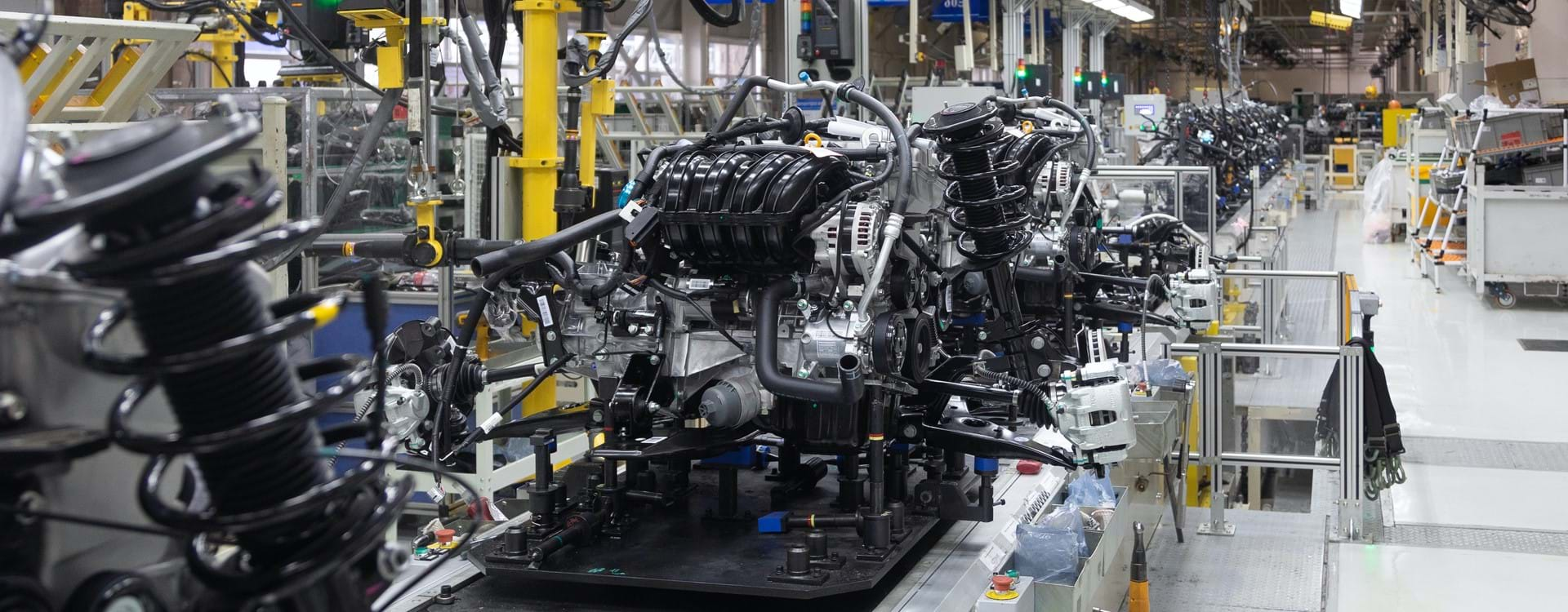At npower Business Solutions, we have always believed that a key part of our role is to ensure that the voice of our customers is represented, particularly during major policy reviews and consultations that will have a direct impact on how they operate.
The latest was the Call For Evidence from the Department for Business, Energy and Industrial Strategy (BEIS) - launched in March 2021 - with respect to free allocation arrangements under the UK ETS and how they can better incentivise emissions reduction and protect industry from the risk of carbon leakage.
We consulted with 24 organisations to find out their concerns about the current system, and how it could be taken forward in the new UK ETS.
UK ETS, Free Allowances and Net Zero
As background, in the Energy White Paper, published in December 2020, BEIS confirmed the establishment of the UK ETS, which replaced the UK’s participation in the EU ETS on 1 January 2021, which has been positioned as ‘the world’s first net zero cap and trade scheme’.
Alongside ensuring continuity for participants, with the UK ETS, BEIS is also taking the opportunity to develop a scheme with greater ambition, by reducing the cap on emissions allowances by 5% from the UK’s expected share of the EU ETS cap. BEIS will also be consulting on setting a net zero consistent cap trajectory later in 2021.
The UK ETS is also continuing to offer free allowances to prevent carbon leakage and to protect UK competitiveness.
However, a 2021 Review of the UK ETS will look to ensure that the scheme evolves and grows to make the most of new opportunities and be compatible with climate commitments, including reviewing the long-term role of free allowances.
What Businesses Said
The full findings can be found here (link to PDF), and it outlines business’ views on the advantages and disadvantages of the current approach to free allocation and how to make it fairer and more targeted as allocations are decreased in line with the reduction in the overall cap.
The overall feeling was that the transition must both protect jobs and UK competitiveness as well as incentivise the investment required to enable the UK to meet its Net Zero by 2050 target in the most economically sustainable way possible.
There were three main findings:
- The current approach to free allocation could encourage organisations AWAY from energy efficiency measures - one of the main issues was that the current scheme can have the opposite incentive to not undertake energy efficiency measures - 70 percent believed this to be the case.
- Businesses support aligning UK ETS with Net Zero - 75% agreed that this should be the aim, although a relatively significant minority - 20% - will need convincing that this is the right approach for them to maintain competitiveness.
- A fair solution is needed to address carbon leakage - Many industrial energy users experience carbon leakage. Therefore, almost all (91%) were unanimous in their view that the UK ETS should include alternative carbon leakage protection measures.
Moving towards a Net Zero Scheme
Without doubt, there is a need for continuity for UK businesses in the immediate aftermath of leaving the EU ETS, and it is important that there is a medium-term transition away from free allocation.
Free allocation is necessary particularly for industries that require a lot of steam, and, whilst the domestic sector has a number of relatively mature technology solutions to provide low carbon heat including electrification, industrial steam alternatives are not widely available or technologically feasible for all circumstances. Therefore, having a free allocation is necessary to provide an industrial investment bridge to a decarbonised gas grid and Carbon Capture Utilisation and Storage (CCUS).
Our discussions with business also reiterated that the UK scheme must ensure competitiveness is not compromised, and that any measures around carbon leakage should ensure that imports face the same costs as domestic products. The potential reverse effect of encouraging organisations away from implementing energy efficiency measures should also be addressed.
Overall, there is great support for a more ambitious scheme that supports the UK’s climate targets. Businesses just need to be reassured that their voices are being heard during any review and consultation process.
For the full findings, click here.

